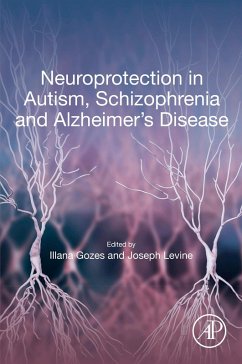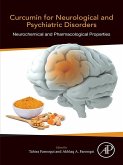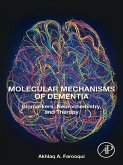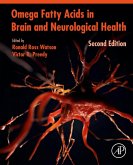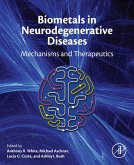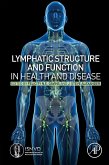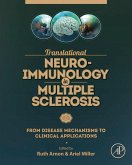Neuroprotection in Autism, Schizophrenia and Alzheimer's Disease provides an up-to-date overview on recent clinical studies and the similarities discovered in the most prevalent brain disorders. The book's content will help shed light on basic mechanisms and provide new avenues for early diagnosis toward disease prevention and disease modification. It is written for researchers, clinicians and medical physicians in neuroscience, neurology and psychiatry. Sections discuss the shared pathophysiological mechanisms that underlie autism, schizophrenia/mood disorders and Alzheimer's disease, i.e. neurodevelopmental disorders, neuropsychiatric diseases and neurodegenerative disorders.
- Offers an up-to-date overview of basic and clinical studies concerning similarities in the most prevalent brain disorders
- Helps the reader become familiar with novel neuroprotective mechanisms and experimental treatment modalities in these difficult to treat disorders
- Written for researchers, clinicians and medical physicians in neuroscience, neurology and psychiatry
Dieser Download kann aus rechtlichen Gründen nur mit Rechnungsadresse in A, B, BG, CY, CZ, D, DK, EW, E, FIN, F, GR, HR, H, IRL, I, LT, L, LR, M, NL, PL, P, R, S, SLO, SK ausgeliefert werden.
Hinweis: Dieser Artikel kann nur an eine deutsche Lieferadresse ausgeliefert werden.

